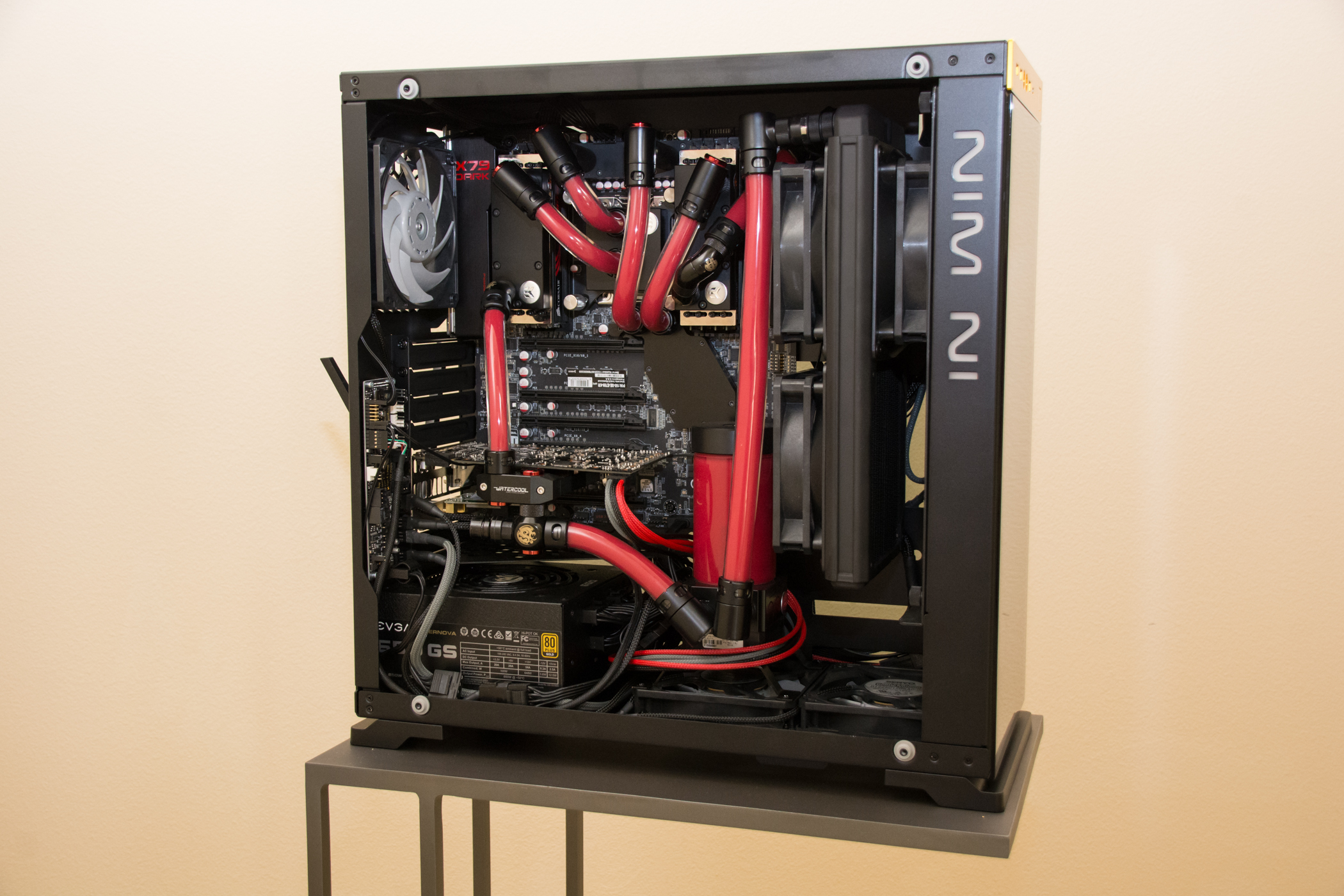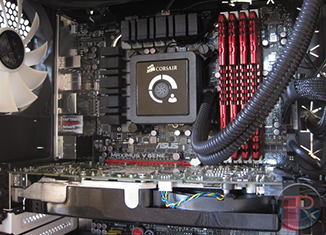Coolant & Additives
Well this one is a controversial subject. So let’s keep it simple. There are a million different coolants and dyes you can use. Let’s ignore dyes and assume that as a noob you are not taking the risk because *some* dyes have caused problems in the past.
Coolants are usually either water + additives or some form of glycol mix + additives. The easiest and cheapest coolant is of course steam distilled water available from your local grocery store (with *no* mineral additives) with an anti-bacteria/algal additive. If you don’t want color coolant then water is the cheapest option, however nearly every manufacturer (except EK I believe) state that you must use their own brand of coolant or consider your warranty void.
There are also so called nano-fluids that are supposed to give a slightly better thermal transfer. The difference is at best small and probably not worth the money even if you were filthy filthy rich.
Anti-bacterial additives:
Some people prefer the “anti-bacterial” properties of silver while others prefer the anti-algae copper sulfate based solutions. Silver doesn’t affect algae, and copper sulfate may speed up corrosion issues. The truth is that there is not much in a loop that should consist of reasonably pure water and plasic/metal for algae and bacteria to grow and feed on so as long as your loop is sealed then you shouldn’t have an issue.
The safest most noob friendly bet is to use a tiny amount of copper sulfate and avoid any plated blocks in favor of pure copper. Then you really shouldn’t have issues.
Anti-corrosive additives:
You may or may not have heard of galvanic corrosion and the stories may have made you scared or cocky that they didn’t apply. The traditional problem of galvanic corrosion was when companies would release a mixed metal block containing copper and aluminum. These days no one except Asus seems to make aluminum water blocks. The most recent kerfuffle was about EK’s nickel plating suffering from early galvanic corrosion due to plating problems. EK changed their plating methods and extended their warranty and very few problems have occurred since.
The truth is that every plated block or fitting will eventually suffer from galvanic corrosion due to a slight electropotential difference. If you want to avoid this then you need an anti-corrosive additive. However the failure rate should be slow enough that you’re most likely going to have tossed that block by the time it happens. If you’re worried about such things stick to copper blocks and brass fittings.








[…] Click on for the guide on how to get started! […]
Comments are closed.